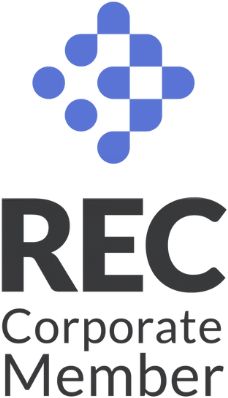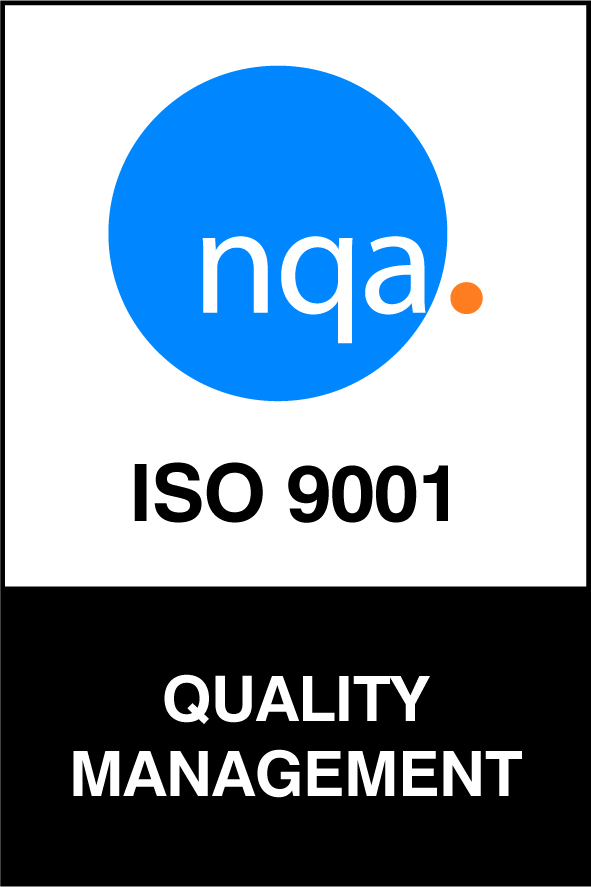
We are recruiters in the FM industry, so you might wonder why we’re so interested in retention – we just want to place Facilities Management candidates, right? This is not the case at all. We are interested in working with companies who know how to keep their workforce happy – they are a much more attractive proposition for candidates and will have a naturally lower staff turnover rate.
It’s no secret strong candidate retention lowers costs, boosts morale, and increases productivity. But holding on to high-quality engineers takes more than just a competitive package. The marketplace is unforgiving, and you need to do all you can to attract and retain the talent your business needs to thrive.
Not sure where to start? Let’s begin with the facts.
Recruitment is an expensive and time-consuming process - from creating job descriptions and adverts, filtering CVs, interviewing candidates, negotiating offers, following up references, onboarding, and then training; it’s a huge undertaking for any business, but more so for one in an industry that sees a high turnover of staff. Recruiters can help with a lot of this, but hiring new staff members is still something you don’t want to do more than you must.
Why is employee retention so important?
In a candidate-driven market, quality FM engineers are in high demand, and companies continue to compete for their attention when they come onto the job market, as well as using measures to entice them away from their current workplace. Good quality engineers are not only hard to find, but they can also be hard to keep. Optimise your recruitment and retention plans and you’ll be ahead of the pack.
Optimise your hiring strategy
Good acquisition leads to good retention. If there’s a misalignment between the candidate and the organisation (for example the candidate realises there is more travel than initially anticipated), or if they’ve covered up some shortfalls in their skills/experience, the chances of the hire working out are greatly reduced.
Get clear on what your ideal candidate looks like, and interview strategically. Ensure their long-term goals and cultural needs are aligned with what you’re offering and get a feel for whether they’re genuinely interested in your company. Pay close attention to why they left previous jobs, ensure you follow up on references, and look out for any red flags.
If you think you’ve identified a candidate who will stay the course, don’t delay in making that offer! Time is of the essence here, and having a long, drawn-out interview process or taking your time producing a written offer, can mean the difference between you getting the engineer you want, or your competitor getting them first. We see companies lose out on engineers all the time because of a delayed interview/offer process.
How to improve your staff retention strategy
Employees want more than just a paycheque, and when it comes to retaining an established workforce there are many other things you can consider. We share our best advice from more than 15 years in the FM recruitment industry. You may not be able to introduce all these quickly, but these are the things we believe will help make people stay:
1-Structure your onboarding process
Research shows an effective process makes employees feel valued, leading to increased engagement and retention. It acclimates them to their role and the company’s philosophies and gives them the right tools and training needed to become productive quickly and fulfil their role effectively. Having a clear structure not only shows that you are an organised business, but it also shows to your newest recruit that you are invested in their role.
2-Create a clear path for professional development
Opportunities for advancement in terms of role, seniority, training, and pay increases remain high on the list when it comes to what candidates want (we know, we’ve surveyed 250 of them in the last 12 months!).
3-Keep your salaries competitive!
Employees may be satisfied in their role, but if a competitor offers considerably more, they’re likely to move. It can be tempting to let them go and find a cheaper replacement, but it will cost the business substantially more in the long run due to interviewing, onboarding, and training. Also, keep it simple when it comes to the structure of your packages, feedback we’ve received is that complicated packages are often seen as a negative when assessing a role.
For insights on market salaries, please contact us here.
4-Offer the right benefits
Whether it’s financial rewards, holiday entitlement, pension, sick pay, or overtime, it’s worth investing time to consider what could be a cost-effective way to keep your engineers happy.
5-Foster a positive company culture
Create an environment that your employees want to be part of. How do you know what that looks like? Ask current employees and ask potential ones during interviews. Observe what’s currently good and what’s not.
6-Communicate openly
Keep lines of communication open so employees can voice their ideas, questions, or concerns. Be available for them and you could even offer yearly surveys that can identify any widespread concerns.
7-Promote teamwork and collaboration
Celebrate individual, team, and company achievements. This will help bring the team together and make every recruit feel involved and appreciated.
8-Encourage and support a healthy work-life balance
Post-covid, people are reflecting on what’s important to them, and work-life balance is creeping its way up the list. The HVAC industry can be demanding, and many engineers want overtime but being asked to work too much is a common theme for engineers leaving roles.
9-Implement a mentorship programme
Allow senior employees to act as role models for new or junior employees, giving them a sense of responsibility and appreciation, and giving the recruit someone to turn to and learn from.
10-Hold regular reviews and give feedback
Humans thrive on positive feedback and praise, and everyone wants to feel respected and heard. From weekly catchups to quarterly reviews, giving regular feedback will give the recruit opportunities to develop and thrive in their new role.
11-Invest in the right tools and technology
Candidates report that having the right tools and technology to do their job easily and effectively is important to them. It provides greater job satisfaction and productivity than if they had to work with old or ineffective tools.
12-Put data to work
Use data from employee surveys or exit interviews to identify any patterns relating to employees leaving. When do they tend to leave? Why? Act accordingly to resolve the common issues.











